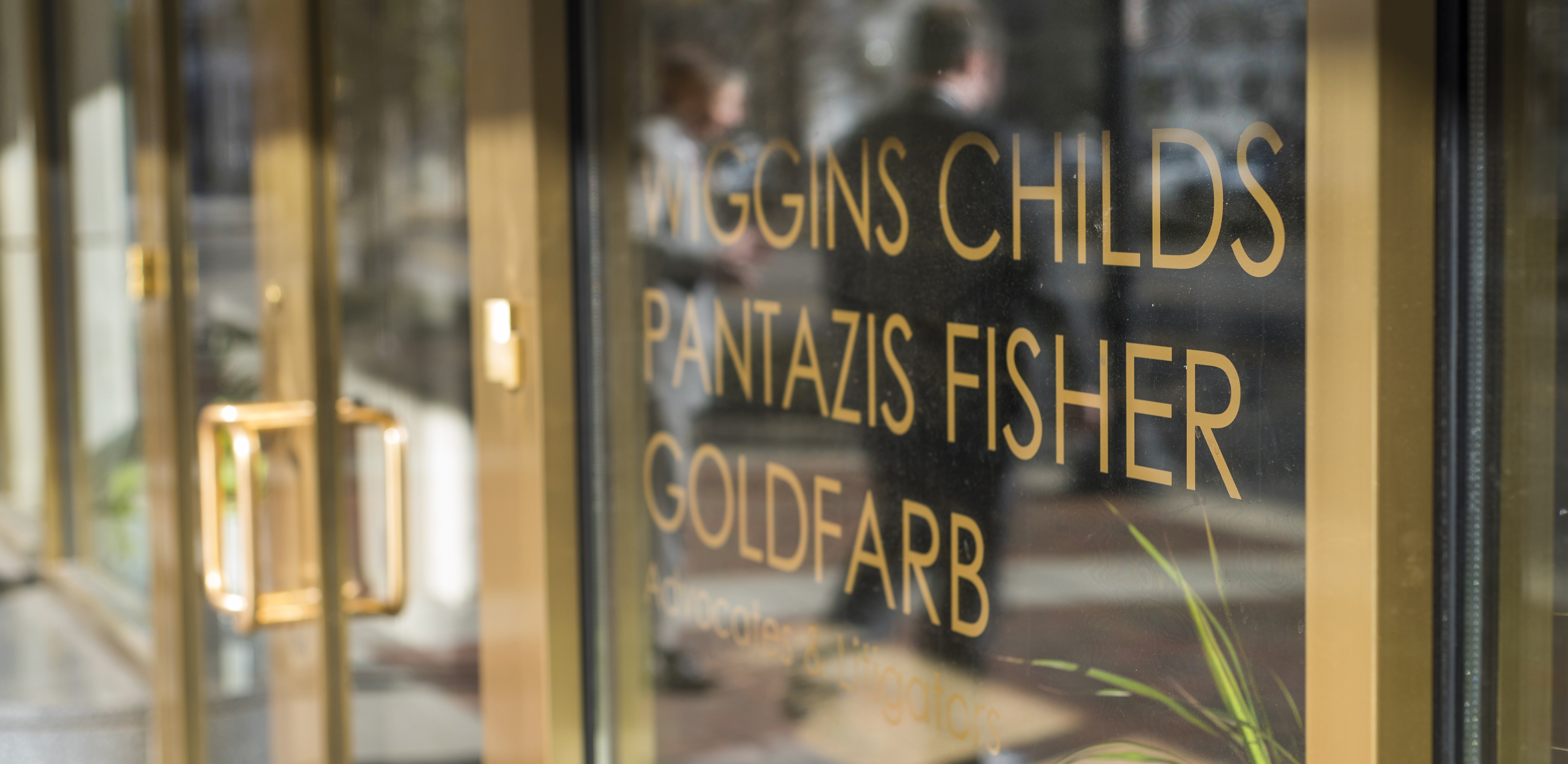
Hooters and Hobby Lobby Lawsuits Display Legal Versitility of Wiggins Childs Attorneys
While cases against restaurants featuring scantily clad waitresses, and cases against buttoned down Hobby Lobby seem to be as far apart as possible on the poles of the consumer gambit, one Wiggins Childs attorney has provided legal counsel to clients involved with both consumer chains. In both arenas, Brian Clark, at the firm since 1993, prides himself in being a jack-of-all-trades in his legal practice. His cases vary from personal injury cases, business disputes, exotic dancer employment cases, to cases involving the rental of cable boxes. As one of the more versatile lawyers at the firm, it comes as no surprise he also welcomes cases involving waitresses, or class actions challenging Hobby Lobby’s coupon-based sales methodology.
The cases involving a niche in the restaurant industry including Hooters, Tilted Kilt, while perhaps eyebrow raising at first, are not, Clark says, sexy cases. The complaints of the waitresses at these restaurants fit into any run of the mill cases regarding paying workers for the time they are doing just that: working. The Fair Labor Standards Act protects the staff at these eateries; he upholds the belief that regardless of the work environment, employees must be paid what they have earned under the law, and “while they may be a sizzle to the names of the restaurants, they aren’t sexy cases. They’re just about not paying workers.” This cut and dry approach makes Brian Clark a no-nonsense go-to for this type of work.
The gist of these cases is that under the employers’ practices, the staff would have to work off the clock before and after her shifts, wiping down tables, restocking the bar, etc. but not getting paid. In addition to after shift work, the allegations in these cases is that the waitresses would have to attend a meeting and attire check to make sure they were “Camera Ready,” all before being allowed to clock in. Clark asserts under the Fair Labor Standards Act, this type of off the clock work is illegal and the staff should be paid according to their time working.
While the niche restaurant cases are, in terms of legal theory, garden variety, Clark’s present class action against Hobby Lobby and the use of coupons is more complicated. Representing consumers, the question must be asked, “What is a regular price?” For example, certain items at Hobby Lobby are marked as always 30% off. The item then has two price stickers on it: one with a “marked price”—an inflated value—and a lower “sale” price of 30% less than the former. Clark’s case argues this practice falls under the Deceptive Trade Practices Act, and is deceptive because the arbitrary higher price is never charged, to anyone. How can it be the “regular” price? A coupon for 40% of the “regular price” should actually be applied to the price at which the item is “regularly’ or “always”, sold at.
While Brian Clark enjoys his varying practice topics, don’t let these cases fool you—Clark has appeared before the U.S. Supreme Court twice, and argued once. He has a Bachelor’s degree from the University of Alabama (1988) and a law degree (1991) from the University of Georgia. Between undergraduate and law school, Clark worked at the U.S. Office of Personnel Management in Washington D.C. and ultimately joined Wiggins Childs in 1993. Clark grew up in chilly Illinois and now enjoys refereeing hockey and umpiring baseball games when he’s not researching his new cases.
